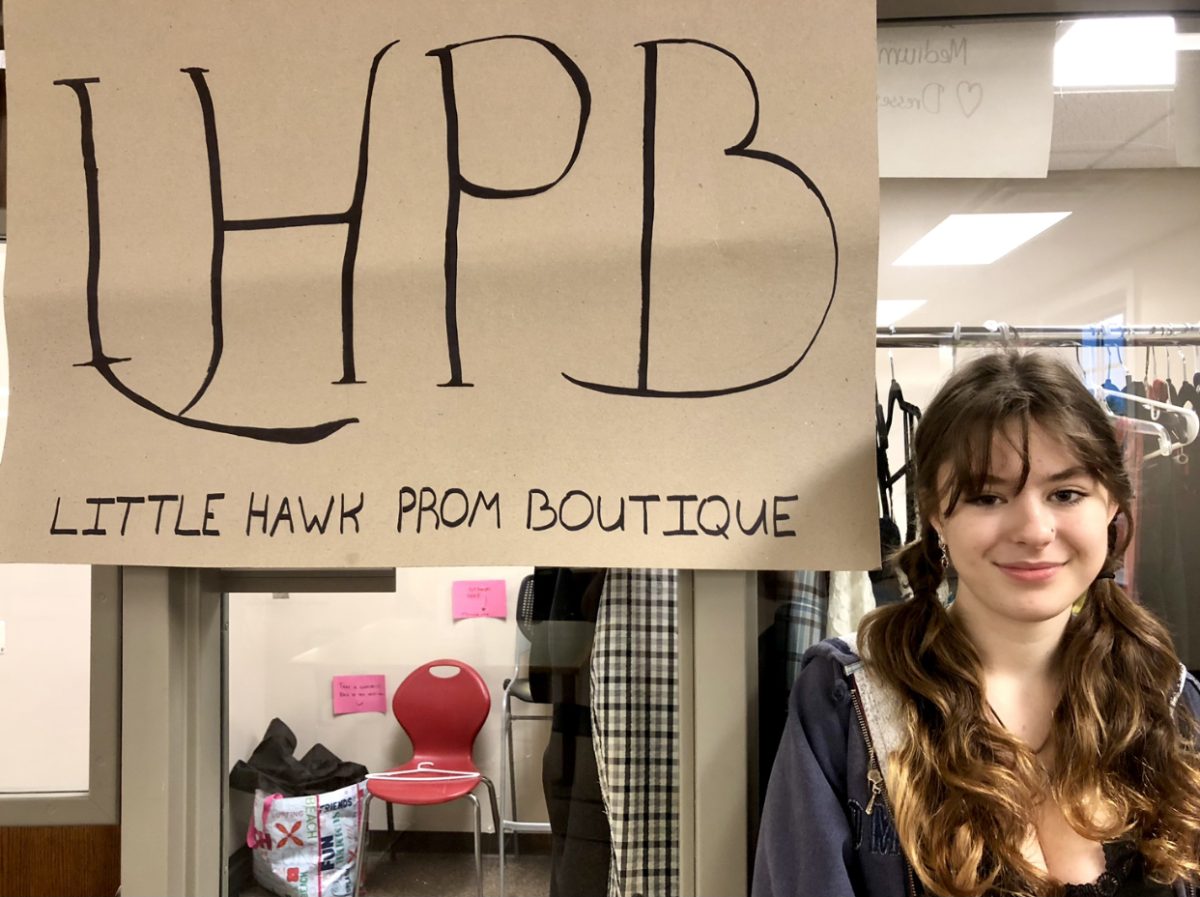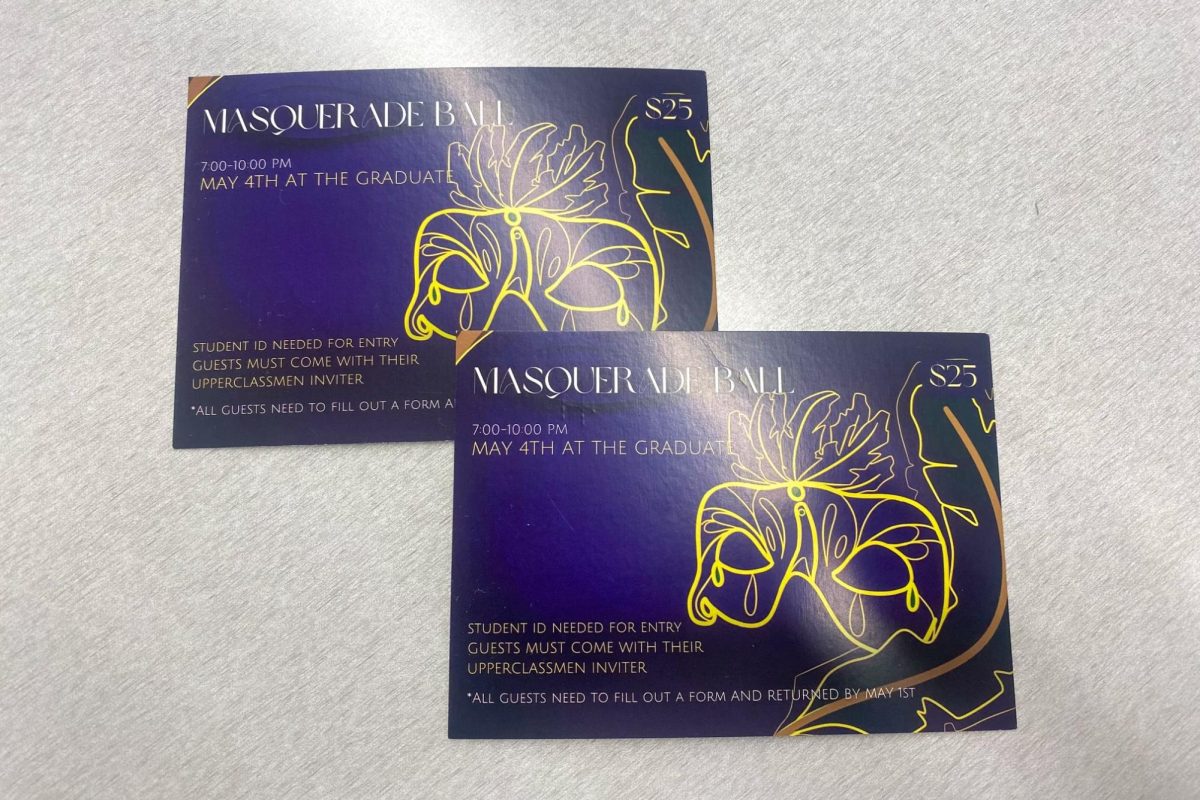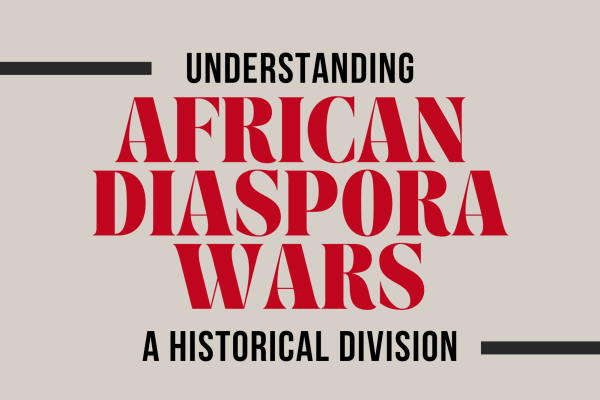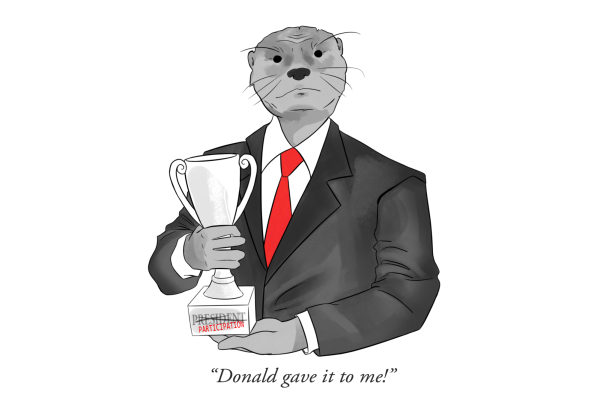Making Sense of the Democratic Race
April 29, 2016
This debate in the democratic nomination process is whether it is more of a feminist act to vote for a female candidate, or whether one has to examine the feminist history of each candidate. This debate has rocked the feminist boat, separating it into groups such as the second-wave feminists, such as Madeleine Albright and Gloria Steinem, who firmly support Hillary Clinton, and groups of millennials defending their decision to vote for Bernie Sanders.
My real problem with Albright and Steinem’s claim that women have an obligation to vote for Clinton is that it reinforces the idea the feminism is a structured collection of rules for modern society, rather than a fluid and changing understanding of equality between the sexes. When Madeleine Albright declared that “there’s a special place in hell for women who don’t help each other,” at the New Hampshire Clinton rally, she was delivering a rule for all women to follow under the guise of feminism, and I personally find that unacceptable. It’s true that it’s historically been difficult for women to enter politics, and that Clinton has undoubtedly worked her ass off to achieve what she has, but to say that women have an obligation to vote for her diminishes the political power of voting women.
How could you call yourself a feminist and then make a comment that dismisses the political voice of a young generation of women that are fiercely dedicated to creating political change? If you’re Gloria Steinem, you make such a comment in an offhanded manner in order to shoot down the presented argument that there is a significant female population choosing to vote for Bernie Sanders. “When you’re younger, you think: ‘Where are the boys? The boys are with Bernie,’” Steinem said to Bill Maher, insinuating that female votes for Sanders are irrelevant because they’re just millennials chasing boys. But both Steinem and Albright neglect the fact that Sanders has had a record of racial justice since he was a young man marching with Dr. Martin Luther King, and that many black young women are choosing to vote for Sanders because he recognizes the existing injustices for much of the young African-American population.
The modern feminist decide which of the democratic candidates has the best agenda for women’s rights, but this question is only effective if you can think about the women’s agenda as it applies to women of all ethnicities and races. One has to recognize that white women have an advantage in society over women of color, and that a women’s agenda drawn up with white women in mind will not likely aid the concerns of women of color, and that there should extra measures taken to protect the rights of the many African-American, Indian-American, Arab-American, and Native-American women.
With this in mind, I’d like to call to attention to the difference between the two candidates in responding to female representatives from the Black Lives Matter movement. Two videos have been circulating the online political universe, and have begged comparison in terms of each candidate’s response. In February of this year, Clinton threw a private fundraiser in Charleston, South Carolina, where the entrance fee was $500. Ashley Williams, an activist from the Black Lives Matter campaign unfurled a banner that read “We have to bring them to a heel,” a quote from a Clinton speech in 1996, where she defended that anti-crime legislation passed by Bill Clinton. In the video, there’s a brief and heated verbal exchange between Williams and Clinton, who says, “Can I talk? And then maybe you can listen to what I say,” before staff escort the activist out. Conversely, at a Bernie Sanders rally in Seattle, the Vermont senator is interrupted by activists Marrisa Johnson and Mara Jacqueline Willaford and chooses to stand aside and let them have the podium for the next 20 minutes, despite the crowd booing and yelling at the two women.
So then, is it really fair for the media and feminist groups to label Clinton as the feminist candidate as long as incidents such as this are on her record? Feminism is not exclusive!



















































